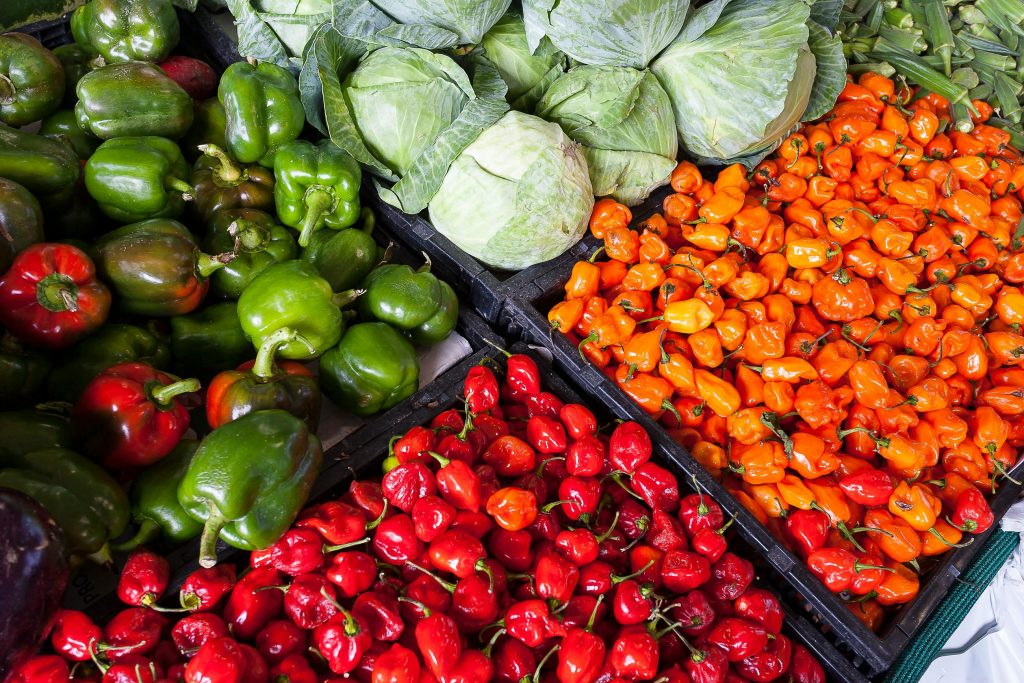Table of Contents
Organic food has gained significant popularity in recent years as more people become conscious of their health, environmental sustainability, and the impact of food production on ecosystems. This article explores what organic food entails, its benefits, challenges, and its role in promoting both personal well-being and environmental stewardship.

Understanding Organic Food
Organic food refers to agricultural products that are grown and processed according to specific standards set by organic certification bodies. These standards typically prohibit the use of synthetic pesticides, fertilizers, genetically modified organisms (GMOs), antibiotics, and growth hormones. Instead, organic farming practices emphasize soil health, biodiversity, and the use of natural methods to manage pests and enhance crop growth.
Benefits of Organic Food
1. Nutritional Quality: Studies have shown that organic produce often contains higher levels of certain nutrients and antioxidants compared to conventionally grown counterparts. This is attributed to healthier soil conditions and natural farming practices that promote nutrient-rich crops.
2. Reduced Exposure to Pesticides: Organic farming relies on natural methods like crop rotation, biological pest control, and composting to manage pests and diseases. As a result, organic food consumers are less exposed to potentially harmful synthetic pesticides and herbicides.
3. Environmental Sustainability: Organic farming practices promote soil health, water conservation, and biodiversity. By avoiding synthetic chemicals and promoting natural ecosystems, organic farming reduces the environmental impact of agriculture, such as soil erosion, water pollution, and greenhouse gas emissions.

4. Animal Welfare: Organic animal farming standards prioritize animal welfare, requiring access to outdoor areas, natural diets, and prohibiting the routine use of antibiotics and growth hormones. This results in healthier livestock and more sustainable farming practices.
5. Support for Local Economies: Organic farming often occurs on smaller, local farms that contribute to rural economies and community sustainability. Buying organic food supports these farmers and encourages sustainable agricultural practices within local food systems.
Challenges and Considerations
1. Higher Cost: Organic food typically costs more than conventionally grown food due to higher production costs, certification fees, and lower yields. However, many consumers view the added cost as an investment in personal health and environmental sustainability.
2. Availability and Accessibility: While organic food availability has increased, it may still be limited in certain regions or during specific seasons. Accessibility can also be a challenge for lower-income communities due to higher prices and limited availability.
3. Certification and Standards: The organic certification process can be complex and costly for farmers, especially smaller operations. Compliance with organic standards requires ongoing monitoring and documentation to maintain certification.
4. Misconceptions: There are misconceptions about the benefits of organic food, including exaggerated claims of superior nutritional content and effectiveness in preventing health problems. It’s important for consumers to make informed choices based on reliable information.

Incorporating Organic Food into Your Diet
1. Start with the Basics: Begin by incorporating organic fruits, vegetables, and dairy products into your diet. These items are readily available and offer significant health and environmental benefits.
2. Explore Farmers’ Markets: Farmers’ markets often feature local, organic produce and products. This provides an opportunity to support local farmers while enjoying fresh, seasonal foods.
3. Read Labels: Look for the USDA Organic seal or other reputable organic certification labels when shopping for packaged foods. These labels indicate that the product meets organic standards.
4. Consider Your Priorities: Prioritize organic options for foods that are most heavily sprayed with pesticides, such as strawberries, spinach, and apples. This can help reduce pesticide exposure in your diet.
Conclusion
Organic food represents a holistic approach to food production and consumption, emphasizing health, sustainability, and environmental stewardship. By choosing organic, consumers support farming practices that prioritize soil health, biodiversity, and natural resource conservation. While challenges such as cost and availability exist, the benefits of organic food in terms of nutritional quality, reduced pesticide exposure, and environmental sustainability make it a compelling choice for individuals and communities striving for healthier lifestyles and a healthier planet. Embracing organic food is not just about what we eat but also about how we can contribute to a more sustainable future for generations to come.
